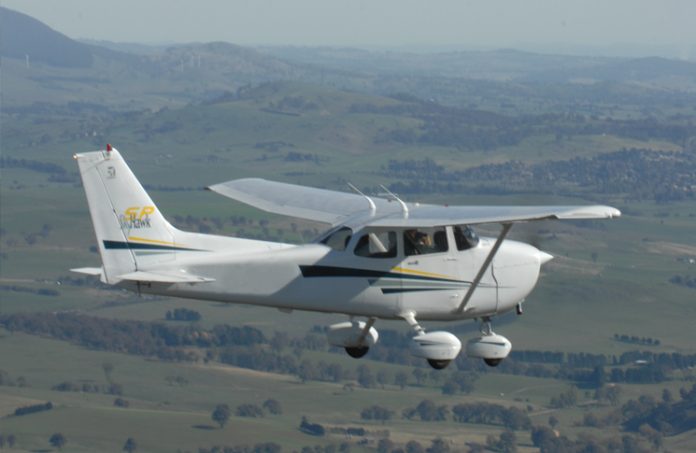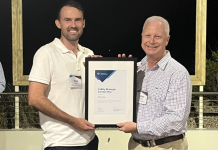CASA’s latest Plain English Guide is a bonus that comes with the new Part 91 regulations
New flight operations rules began on 2 December, covering all pilots. But if you don’t fly commercially, should you care?
Yes, says Andrew Andersen, but not necessarily for the reasons you may think.
The rules that relate to private and recreational pilots are in the Civil Aviation Safety Regulations (CASR) Part 91 – the general operating and flight rules.
Andersen is Chair of the General Aviation Advisory Network and Vice-President, Pacific Region, of the International Council of Aircraft Owner and Pilot Associations. He is a 30+ year pilot and aircraft owner.
Andersen says little will change for most private and recreational pilots but their ability to stay on top of the rules has been dramatically improved.
And that’s because with the new rules comes the Plain English Guide to Part 91.
‘The Plain English Guide is a breath of fresh air for non-commercial pilots,’ he says. ‘Many pilots have had difficulty navigating the rules. For the average person, it can be quite difficult to understand what they should do.
‘The main thing is that it is one place, it brings a lot of disparate rules together. In the past under IFR, if you wanted to find out about transponders, you needed to go to Civil Aviation Order (CAO) 20.18 – now it’s in one document.
‘It’s a big step forward. People who earn their livelihood in aviation are more likely to be able to stay on top but people who are not doing this day-to-day encounter difficulties keeping up. If you fly occasionally or sporadically, if you are a rusty pilot, it is very onerous.’
The new flight operations rules are a big deal for the aviation industry. The rules are Australia’s insurance for a safe modern aviation industry into the future, largely removing the complication of operating under two regulatory systems, improving safety and replacing hundreds of legislative documents.
Andersen says because Part 91 covers the foundation rules for all aviation, the Plain English Guide is useful for everyone. It contains tables showing which requirements apply to different sectors of the aviation community.
The Plain English Guide is a breath of fresh air for non‑commercial pilots.
This includes a table showing which parts do and don’t apply to you if you are flying under an Aviation Self‑Administering Organisation.
‘This is a big plus for recreational pilots,’ he says.
However, just because not much is changing for non-commercial pilots, that doesn’t mean you shouldn’t read the new rules. There may even be rules already in place you don’t know about.
‘Go and get a copy of the Plain English Guide, download it and you can navigate through and pick up all the items of interest to you,’ he says.
‘Go into it with an open mind and have a look at what has changed to the way you operate. If you have any questions, talk to your flying instructor and about how the rules affect you.
‘There are plenty of instructors who would welcome the opportunity to set you straight. While you’re there, take your next flying lesson, work on another rating or do some recurrent training. I bet they would love the satisfaction of knowing that someone would be operating more safely.’
- Get the Plain English Guide (in hard copy or PDF) at shop.casa.gov.au
- Get familiar with the new flight operations terminology and references in the latest AIP at airservicesaustralia.com/aip/aip.asp






Andrew Anderson knows what he is talking about.
Great guidance for all.
Regards
David Bell
Retiring CEO, Australian Business Aviation Association Inc. and
Retiring GAAN member